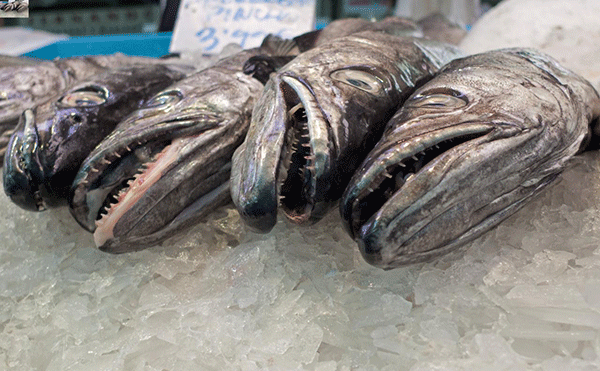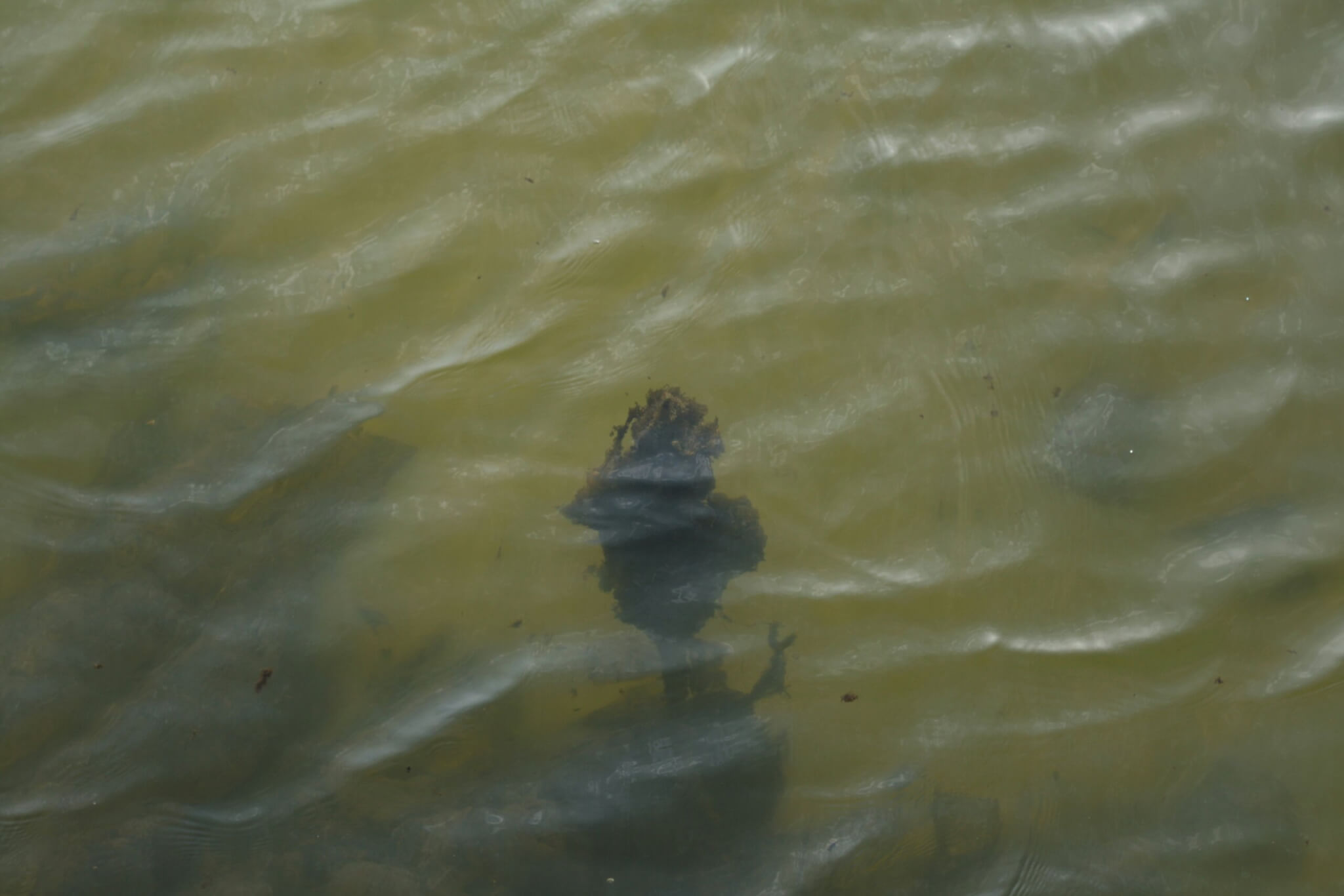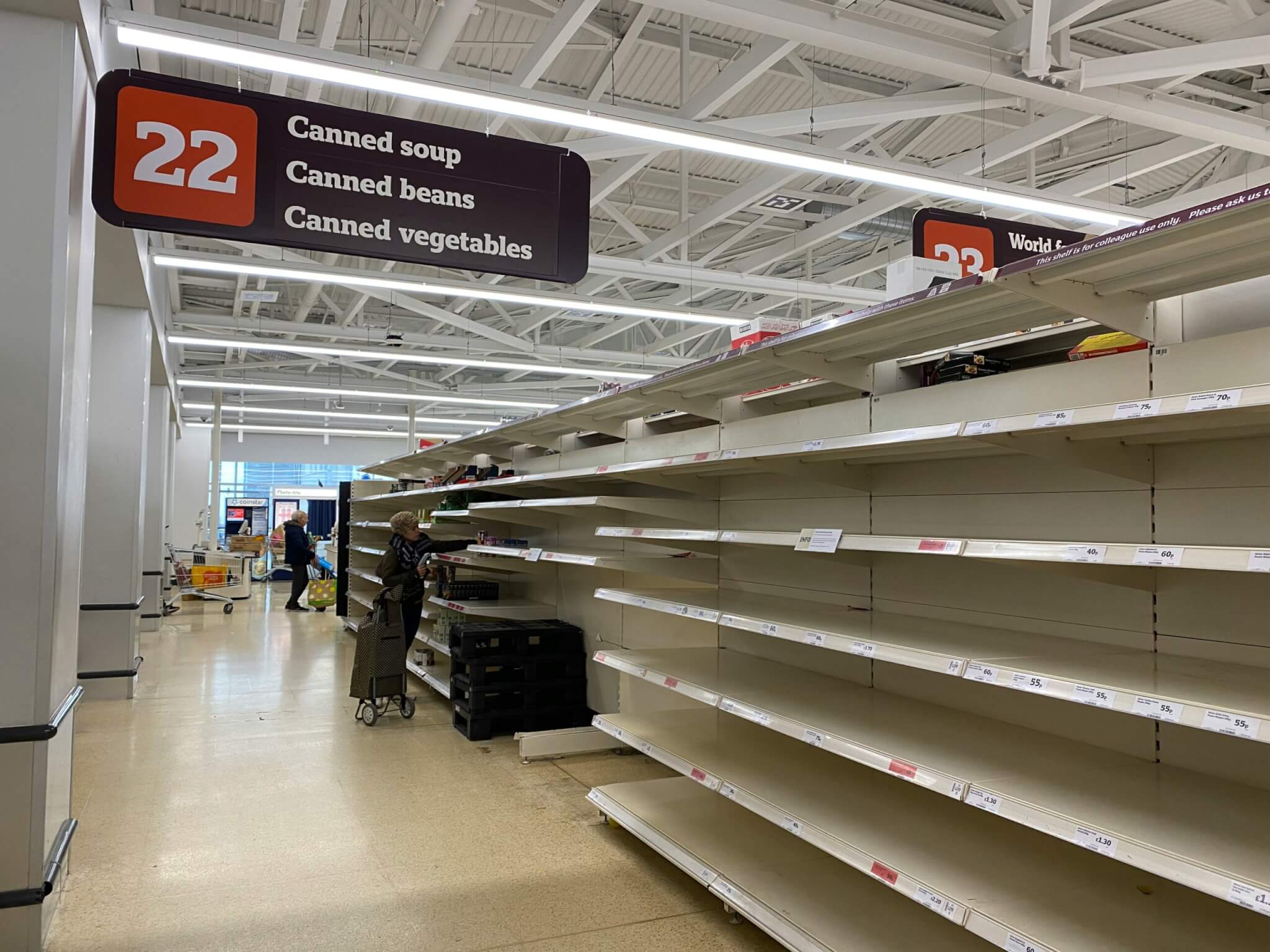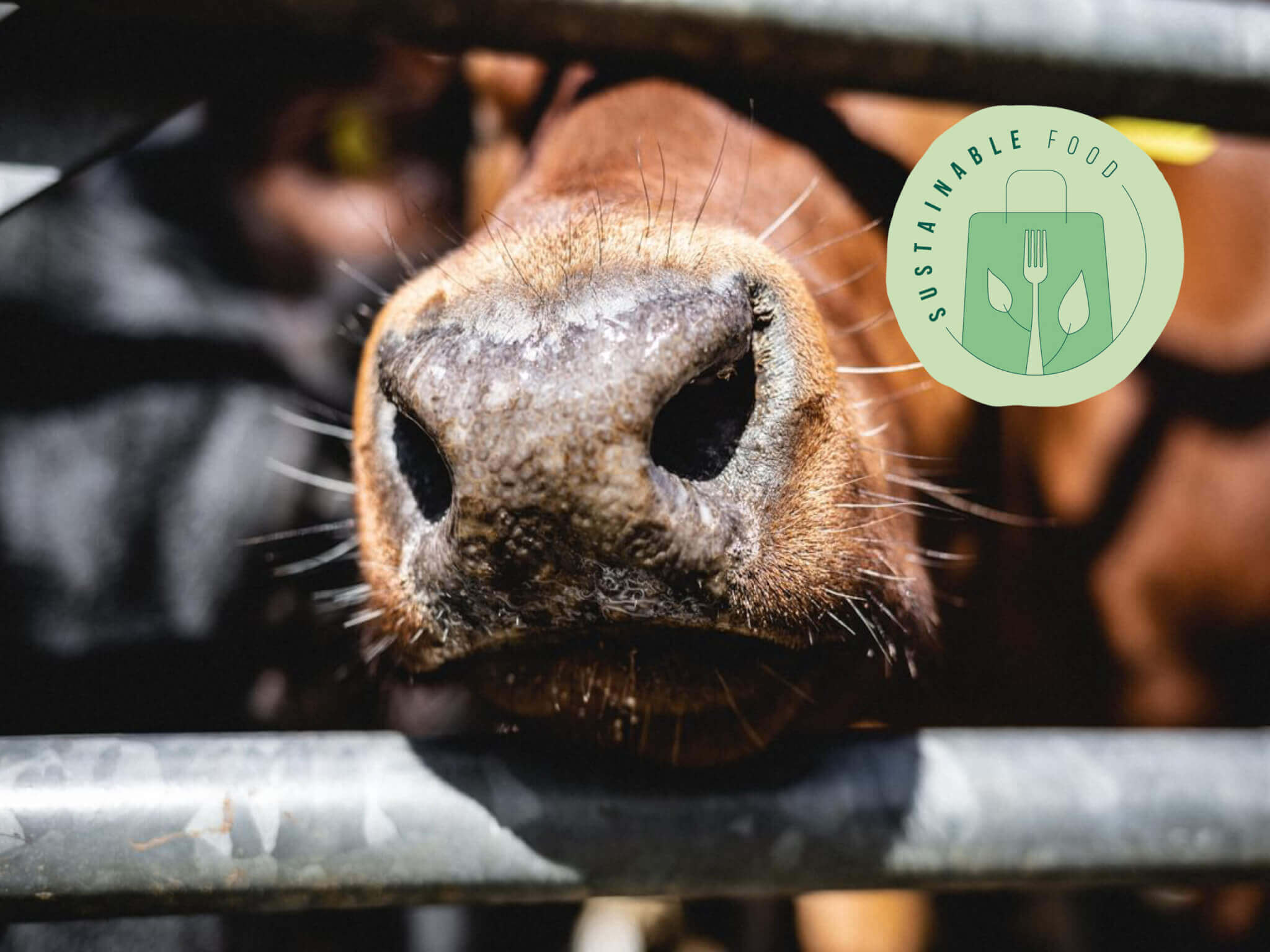New agreements over fish stocks between the UK, the EU and Norway in the North Sea are “nothing to celebrate” and will not help end overfishing, campaigners have said.
The first post-Brexit negotiations over shared fish stocks in the North Sea set Total Annual Catches (TAC) for saithe, whiting, plaice and haddock at or below the maximum advice from scientists, while the limit for North Sea cod was set eight per cent above.
The new agreements will see allowable cod catches reduce by 10 per cent, a figure still higher than the advised reduction to protect stocks, while haddock and whiting catches can now increase by 20 and 19 per cent respectively. North Sea cod lost its MSC status in 2019 due to collapsing stocks.
Two campaign groups, European sustainable fish NGO Our Fish and environmental lawyers ClientEarth, said the negotiation was a “missed opportunity” for rebuilding populations of North Sea cod and said the decision to ignore scientists’ advice on this species was “deeply concerning”, due to its long-term overfishing.
“While we welcome the agreement made by the EU, UK and Norway to follow the scientific advice for the majority of fishing limits for shared fish stocks in 2021, we remain perplexed as to why the UK did not more strongly advocate for a rapid rebuilding of the North Sea cod population, which is suffering from persistent overfishing, especially because its recovery could support a thriving coastal UK fishing community,” said Our Fish director Rebecca Hubbard.

Illegal discards at sea is another area of concern raised by the two groups as not included in the new negotiation.
“Setting fishing limits in line with scientific advice is crucial – but not enough unless everybody plays by the rules,” said Jenni Grossmann, science and policy advisor at ClientEarth. “In reality, while throwing dead fish back into the ocean is now largely illegal in the EU, it’s still happening at sea. To ensure actual catches are sustainable, the EU, Norway and the UK also need proper fisheries control and monitoring.
“Turning a blind eye to illegal discards will lead to unsustainable catches at sea, even if fishing limits seem to follow the science on paper. Tools such as remote electronic monitoring can help fill the compliance gap.”
In conclusion, while there has been some progress, Our Fish and ClientEarth said the failure to stop overfishing in the North Sea, or to take action to prevent illegal discarding, continues to undermine the progress needed to restore ocean health.
“The reality is that small-step improvements will not rebuild fisheries overnight – chronic overfishing and increasing impacts from climate change mean that the EU, Norway and the UK must all make extraordinary efforts to urgently transition to ecosystem-based management, if we are to restore ocean health and ensure sustainable fisheries help protect us from worsening climate change,” Hubbard said.













Recently I have watched ‘Seaspiracy’ on Netflix, I am now deeply disturbed.
I also watched Seaspiricy this morning. Absolutely brutal, horrific scenes at the start and finish – was also eye opening and interesting. Had no idea how terrible the global commercial fishing industry is and its left to its own devices to police its sustainability policies. Shocking!
Painful to watch. We so need this spotlight on the devastation of our marine environment and, as on land, the huge impacts on biodiversity and the numbers of wild animals from intensive food production.
I only wish more people would see Seaspiracy. I sat through it twice even though many scenes are so harrowing. The pain people inflict on these wonderful creatures. It would show we are taking the issues seriously if it was shown on BBC or ITV! Its so sad what is happening to the seas and the life in them.
Ah, Our Fish has just written something about Seaspiracy and how to take action! https://our.fish/news/seaspiracy-how-can-you-help-save-the-ocean/